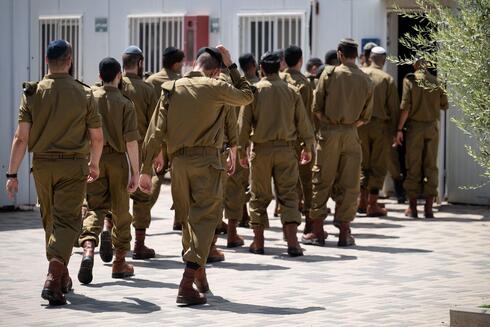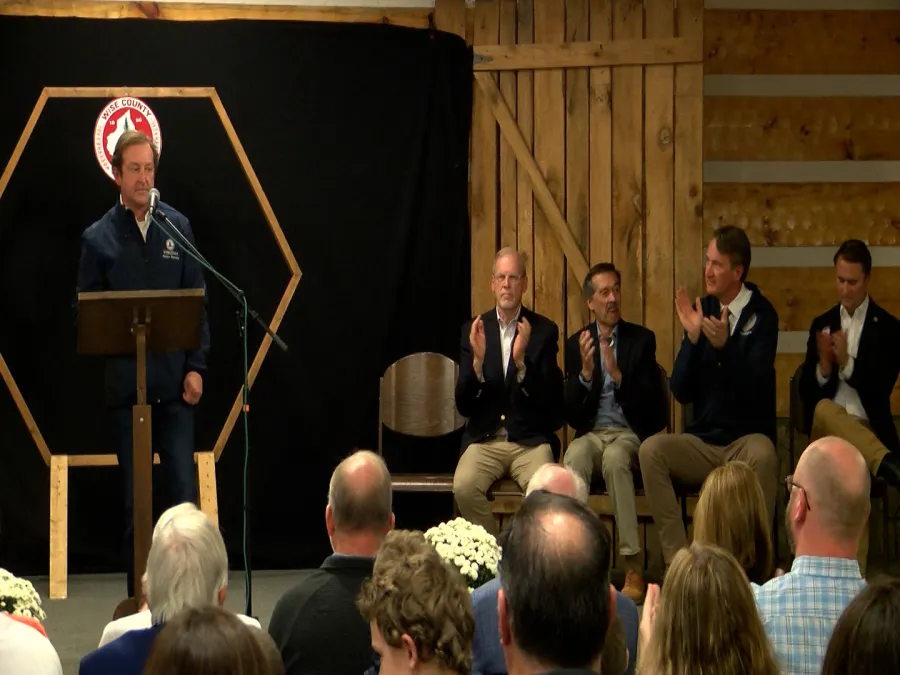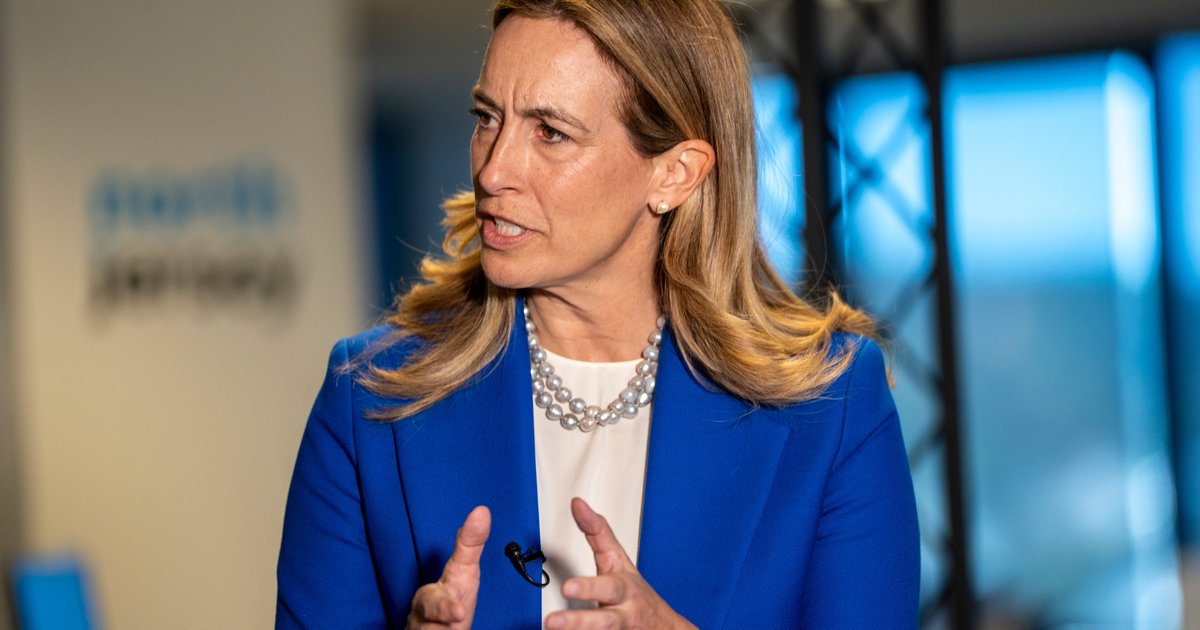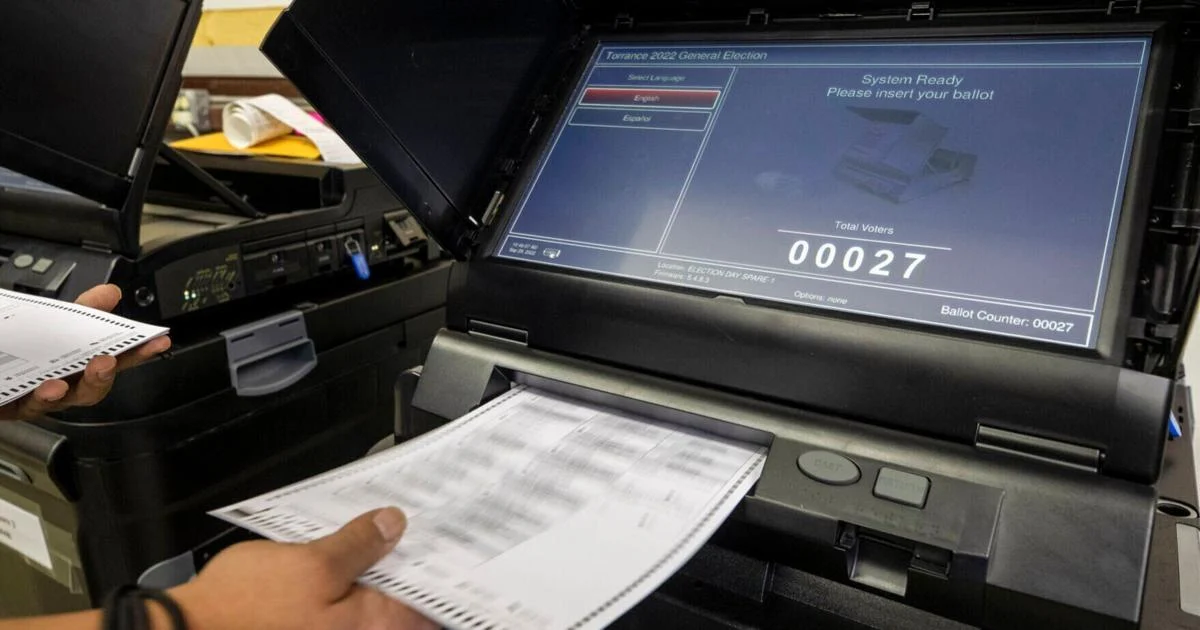Copyright ynetnews

Israel’s decades-old debate over ultra-Orthodox draft exemptions is flaring again as the government prepares to advance new legislation that would formalize the policy — prompting anger from reservists who say they have borne the weight of the country’s wars. Israel’s system of compulsory military service — three years for men and two for women — has long been a cornerstone of national identity. But since the state’s founding, full-time Haredi yeshiva students have largely been exempt from service under an arrangement intended to preserve religious study after the Holocaust. The issue has remained one of Israel’s most divisive, repeatedly toppling governments and dividing society. Critics argue the policy unfairly burdens secular and national-religious Israelis, while ultra-Orthodox leaders maintain that Torah study protects the nation spiritually. Now, a new bill drafted by Likud lawmaker Boaz Bismut in coordination with Haredi political parties is set for its first hearing Thursday in Knesset’s Foreign Affairs and Defense Committee. Thousands of reservists and their families have vowed to protest outside the Knesset during the debate, calling the plan a betrayal of national solidarity. Opponents say the proposal — which would expand exemptions for yeshiva students — deepens inequality and endangers social cohesion at a time when Israel continues to fight a prolonged war. 'Exemptions are growing, the serving population is shrinking' Sgt. Maj. (res.) Matan Hershkovitz, 32, from Kfar Hasidim, has spent nearly a year on reserve duty since the war began. A divorced father of two daughters, ages 5 and 7, he served in the Golani infantry brigade during his regular service and now serves in a reserve combat unit while working as a software developer in civilian life. “Each time you have to adjust to a completely different situation — to combat in the reserves or to active fatherhood,” he said. “When I’m called up, I have to be productive as a soldier, and when I come home, I have to be a present and attentive father.” Hershkovitz, active in the ‘Reservists’ movement, said the personal toll is heavy. “The entire household is on my shoulders. When I disappear for weeks, no one replaces me. My daughters pay the price, and both my ex-wife and I sacrifice a lot.” He said his frustration is with what he calls a growing “disconnect” between parts of Israeli society. “My pain is with the Haredi public as a whole. They’re my brothers, but I can’t understand their detachment from the Jewish people they belong to. My expectation is like that of a family member — that they’ll come and lend a hand.” Hershkovitz added: “Everyone should serve. Those who don’t shouldn’t receive state support. The serving population is shrinking while exemptions keep growing. The political system must make that clear — even through personal sanctions.” 'The coalition matters to them more than defending the country' Daniel Levin, 33, of Tel Aviv, is an activist with the Reservists’ Lobby. Her husband, Sgt. (res.) Lior Levin, has spent more than 350 days on reserve duty during the war. The couple have two children — Rafael, 7, and Elia, 4½ — and are expecting a third. “Since Lior came back from his last call-up, I check every day whether he’s been called again,” Levin said. “It’s become a daily anxiety. The kids ask at least once a week if Dad went back to the army.” She said the family’s patience is wearing thin. “After the hostages returned, the kids thought Dad wouldn’t go again, but we looked at each other and knew he would. We explained in simple words that the army still needs soldiers.” Levin said that despite two years of advocacy — her husband in uniform and she in the public sphere — they feel “at a breaking point.” “We keep having to explain why national security must come before politics,” she said. “We’re still fighting people for whom keeping the coalition together matters more than defending the country.” Levin vowed continued resistance. “We’ll go to the Knesset again and try to stop this with our bodies,” she said. “This law endangers Israel on every front — security, economic and social. It exempts an entire sector from serving the state, and we will not let that happen.” Young recruits demand equality: 'No discrimination between one blood and another' Boaz Pogoda, 19, from the West Bank settlement of Alon Shvut, recently completed his studies at the Neveh Shmuel Yeshiva High School in Efrat and a year of national service at Beit Noam, assisting people with special needs. He is set to enlist in January as a combat medic and now leads a group of pre-enlistment students in the ‘Shoulder to Shoulder’ movement. “I took part in the committee meetings and met with MKs Eli Dallal, Yuli Edelstein and Moshe Saada to represent the voice of future recruits,” he said. “Some of them agreed with us in principle but said coalition unity is more important. They said things like ‘maybe we’ll make adjustments,’ which just means they care more about keeping the government stable than passing an equal draft law.” Pogoda said young Israelis preparing for service feel betrayed. “We’re proud to enlist and serve,” he said, “but we’re worried. We’re not afraid to risk our lives for Israel’s security, but we are afraid to live in a country that risks our lives for political survival. We demand equality between sectors — no distinction between one blood and another.” 'A crisis of trust between reservists and the state' Maj. (res.) Tal, 36, from Emek Hefer, has served nearly two consecutive years in the Intelligence Corps. “I expect everyone to enlist, as I did,” she said. “When we were called up, we didn’t ask questions. For two years I’ve given everything that was asked of me, despite the cost to my personal life.” She said the draft bill is deepening a “crisis of trust” between reservists and the state. “It’s painful and frustrating,” Tal said. “Our leaders have made alliances with anti-Zionist parties. They try to convince us it’s legitimate, but they don’t care about the country or the army that desperately needs manpower. Replacing Bismut was the last signal that we have no backing in the Knesset. The real security needs of the state are less important to them than their political seats.” Tal, an activist in ‘Magen HaDor’ (Shield of the Generation) — a group of reservists demanding an equal draft law — said her commitment to the country remains unshaken. “Just as I’ve fought for Israel until now, I’ll keep fighting — whether in uniform under a call-up order or as a civilian,” she said.



